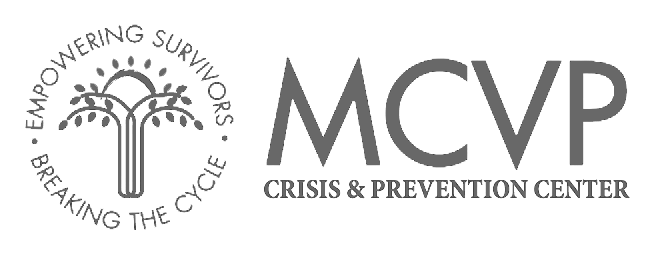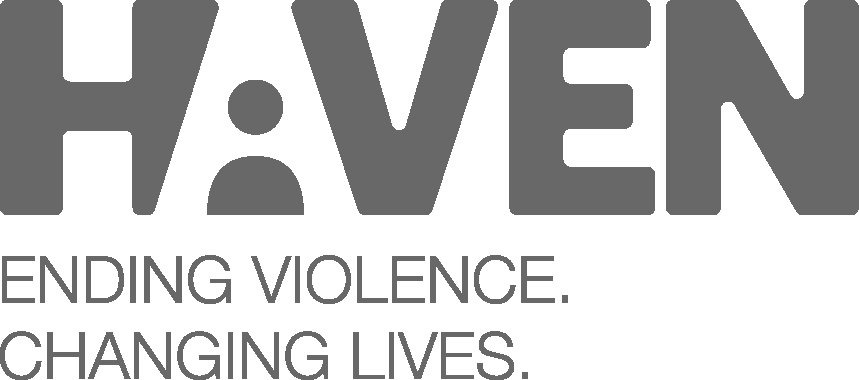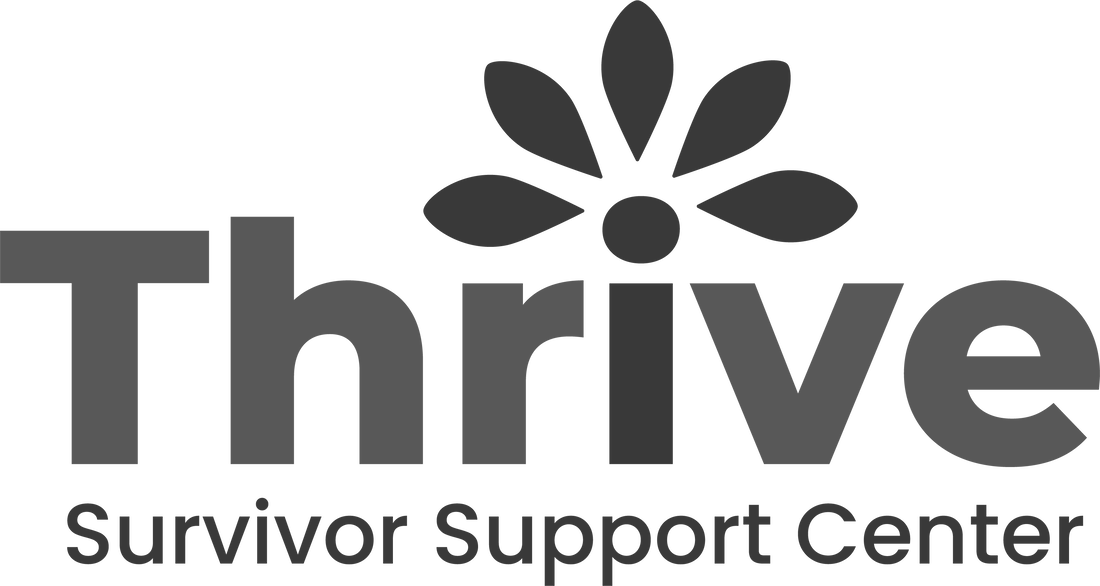GET HELP NOW
New Hampshire House Bill Allows Domestic Violence Abusers to Keep Deadly Weapons After Arrest1/10/2024
January 10, 2024
FOR IMMEDIATE RELEASE Media Contact: Alyssa Dandrea, [email protected] On Friday, January 12 at 9:30 a.m., the House Criminal Justice and Public Safety Committee will hold a public hearing on HB1064, relative to penalties for violation of protective orders. The Coalition strongly opposes this bill, which is one of the most dangerous legislative proposals we have seen at the New Hampshire State House in years. HB1064 seeks to repeal part of our state’s domestic violence law, which directs law enforcement to seize firearms and other deadly weapons after an abuser is arrested for knowingly violating a protective order. In a state where domestic violence is a factor in more than half of all homicides, abusers must face consequences for threatening and abusing partners, family members, and children with firearms and other deadly weapons. It is critical that abusers are prohibited from accessing weapons, otherwise more domestic violence cases will result in injury or death. We have an opportunity to make our communities safer and instead some of our elected officials are attempting to turn back the clock to the 1970s, when systems of accountability for domestic violence offenders were merely nonexistent. Coalition Public Policy Specialist Pamela Keilig said, “With so many pressing issues facing victims and survivors in New Hampshire, it’s inexcusable that this bill is even up for debate in 2024. Long ago the state legislature recognized the seriousness of domestic violence in our communities. HB1064 is an open invitation for future violence and has no place in our state.” About the Coalition: NHCADSV is a statewide network of 12 independent member programs committed to ending sexual violence, domestic violence, and stalking, through direct services to victims, community education, and public policy advocacy. The NHCADSV and its 12 member programs do not discriminate based on gender, age, health status (including HIV-positive), physical, mental, or emotional ability, sexual orientation, gender identity/expression, socio-economic status, race, national origin, immigration status, or religious or political affiliation. For more information visit www.nhcadsv.org |
recent newsArchives
June 2024
|
Our Supporting Partners
The 12 member programs of the New Hampshire Coalition Against Domestic and Sexual Violence provide services regardless of gender,age, health status (including HIV-positive), physical, mental or emotional ability, sexual orientation, gender identity/expression, socio-economic status, race, national origin, immigration status or religious or political affiliation.
Funding for this website was provided by The Corporate Fund.
New Hampshire Coalition Against Domestic and Sexual Violence
PO Box 353, Concord, NH 03302-0353
(603) 224-8893
New Hampshire Coalition Against Domestic and Sexual Violence
PO Box 353, Concord, NH 03302-0353
(603) 224-8893
NH web design by Harbour Light Strategic Marketing

 RSS Feed
RSS Feed












